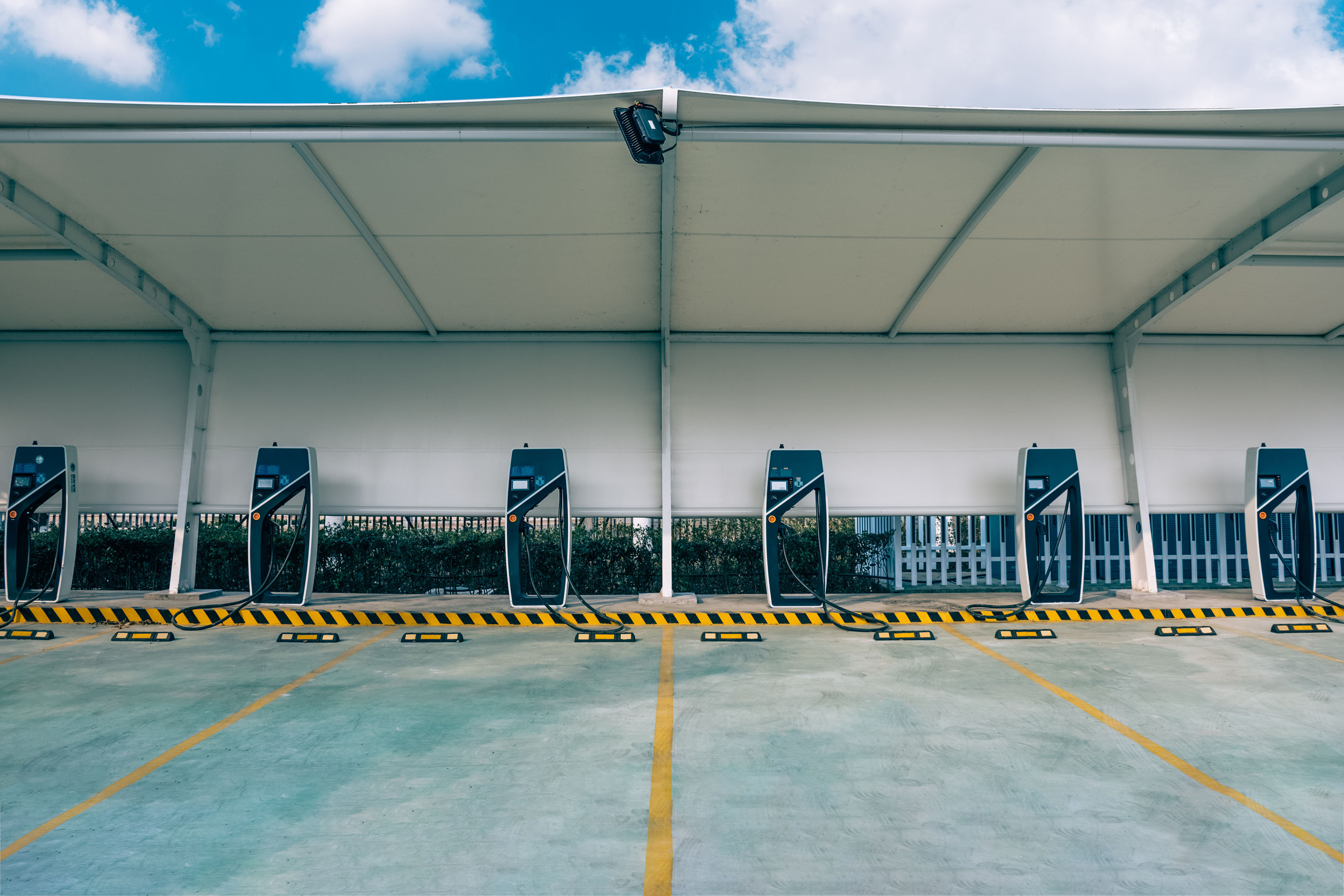EY refers to the global organization, and may refer to one or more, of the member firms of Ernst & Young Global Limited, each of which is a separate legal entity. Ernst & Young Global Limited, a UK company limited by guarantee, does not provide services to clients.

This article explores the critical role of ports in Ireland’s success and the imminent funding challenges port organisations are facing.
In brief
- As an island nation, ports are critical to the Irish economy.
- A range of macroeconomic factors are impacting ports around Ireland, necessitating higher capital investment.
- Funding is one of the biggest challenges faced by port organisations in Ireland.
- Funding requires innovative solutions from various sources.
Ports are vital to Ireland’s prosperity
Ireland is a highly open economy with a strong export focus and dependency on foreign trade to meet consumption demand. Being an island, more than 99% of all goods coming in and out of the country are facilitated by the ports. As such, they are key strategic assets supporting our economy.
In 1997, a process of corporatisation began in respect of Ireland’s larger ports where port companies were required to become self-funded and encouraged to compete commercially. The world in which ports operate today is very different. Not only are they required to fund the maintenance and replenishment of a capital-intensive operation, but they are also required to make significant investment to handle increased throughput and remain an efficient link in the supply chain.
Our ports need investment
A core objective of the National Development Plan is to safeguard and enhance Ireland’s international connectivity by supporting the major capital investment programmes underway and planned by the commercial ports. This investment, which is not funded by the Exchequer, is considered fundamental to Ireland’s competitiveness, trading performance and continued attractiveness to foreign direct investment. The capital investment programmes required by Ireland’s ports are becoming extensive due to the impact of macroeconomic factors such as:
- Prevailing industry trends demanding more efficient, sustainable, and modern infrastructure: Maritime traders want to enter and exit ports as quickly as possible to meet customer demands and maximise efficiency. This trend is intensified by the shift in customer expectations around reduced delivery costs, delivery timelines, order tracking and supply chain transparency.
- Congestion at ports and container terminals around the world: Driven by Ireland’s economic performance, Irish ports have not proven immune to this trend and are required to seek operational land and water-side solutions to increase capacity.
- Global transition to a cleaner and greener maritime sector: Societal pressure, coupled with increased international maritime environmental regulations for greenhouse gas emissions, and the protection of marine organisms are affecting the industry. Sustainability measures will need to be implemented at ports, resulting in increased costs.
- Growth in population and a need to move towards sustainable living: Our cities are now placing pressure on our ports to re-locate activity away from our city centres to free-up lucrative sites for development.
- Facilitating the emerging renewable energy industry. Industries such as offshore wind, LNG and green hydrogen require ports to find additional capacity and invest in new infrastructure.
The funding challenge
One of the biggest challenges for Ireland’s ports is funding the required investments to remain effective into the future. Ireland’s port companies are sophisticated and will look to maximise all forms of available commercial finance and EU grants to fund the capital investment needs. Despite this, it is likely that a funding gap will remain for many port organisations.
Port investment needs are being influenced by state policy and are vital components for Ireland to achieve economic growth, realise sustainable urban development, ensure energy security and meet climate objectives. The magnitude of the economic and societal benefits generated from these port investments are clear for everyone to see; however, the financial revenues accruing to the port companies to justify these investments on a commercial basis are not.
Plugging the gap
The funding of the port companies will require innovative solutions which maximise the quantum of funding, facilitates investment timelines and ensures that operations are not put at risk. The funding will come from various sources, including.
- Operating cash reserves as companies seek to drive efficiencies to maximise profits
- Realising value from surplus assets
- Accessing EU and national grants such as the Connecting Europe Facility, Climate Action Fund and the Urban Regeneration and Development Fund.
- Leveraging the company through debt funding
- Sourcing private equity and partnerships where appropriate
Despite this, it is likely that a funding gap will remain for many port organisations, meaning executive management teams will need to make difficult decisions. These decisions may include rationalising planned investments, delaying investment plans and potentially deciding not to undertake certain investments.
While these decisions may have a positive financial outcome for the port company, they will have a negative impact on Ireland’s economic and societal objectives.
Conclusion
Our Ports face an imminent funding challenge and will require complex and innovative funding solutions to fund required capital investment programmes. Even after maximising commercial funding, executive management teams may be required to make difficult decisions which could have a negative impact on the key State policy objectives. It may be time for a change to the Government’s Port Policy, one which facilitates Exchequer support for key strategic port investments.
Summary
Ireland’s port organisations are facing imminent funding challenges requiring complex funding solutions to plug the gaps.
Related articles
How Ireland could green the public transport fleet
Greening Ireland’s public transport fleet will be key to delivery of NDP 2021-2030 objectives. Find out how.




